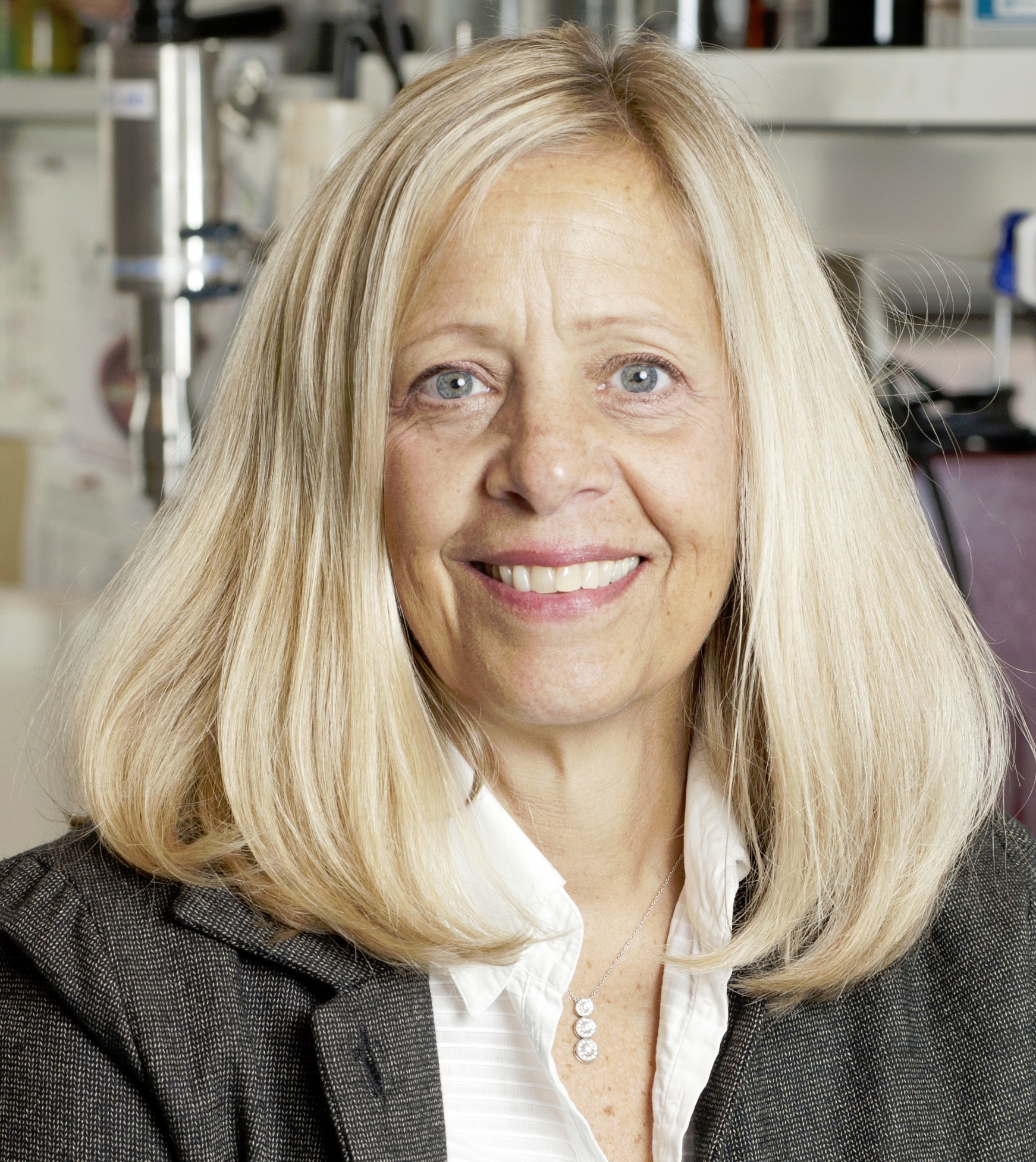Key Characteristics Approach: Female and Male Reproductive Toxic Hazard Identification
1:00 pm US Eastern Time
Slides & Resources
Slides
Ulrike Luderer and Gail Prins: Key Characteristics of Female and Male Reproductive Toxicants.
Studies
Luderer, U., et al. Proposed Key Characteristics of Female Reproductive Toxicants as an Approach for Organizing and Evaluating Mechanistic Data in Hazard Assessment. Environmental Health Perspectives. 2019 July; 127(7).
Arzuaga, X., et al. Proposed Key Characteristics of Male Reproductive Toxicants as an Approach for Organizing and Evaluating Mechanistic Evidence in Human Health Hazard Assessment. Environmental Health Perspectives. 2019 June; 127(6).
There are tens of thousands of chemicals in commerce, but very few of them have been evaluated for male and female reproductive toxicity. Traditional reproductive toxicant hazard assessment relies predominantly on in vivo animal toxicology testing and epidemiological studies, but these are expensive and time consuming. Mechanistic data could help to address this gap if better integrated.
During this webinar Dr. Luderer and Dr. Prins discussed their work in applying the key characteristics approach to female and male reproductive toxicant hazard identification. They presented the results of their research in which they identified 10 key characteristics of female reproductive toxicants and 8 key characteristics of male reproductive toxicants. They also highlighted how these key characteristics could be used to prioritize chemicals for further testing, for screening during chemical development, or to supplement incomplete or inconsistent animal toxicology or epidemiological databases during hazard assessment.
Featured Speaker
 Ulrike Luderer, PhD, is Professor and Director of the Center for Occupational and Environmental Health and chief of the Division of Occupational and Environmental Medicine in the Department of Medicine at the University of California Irvine. She also holds joint appointments in the Department of Developmental and Cell Biology and the Program in Public Health at UC Irvine. She received a Sc.B. in Biomedical Engineering and A.B. in French from Brown University, Ph.D. in Reproductive Endocrinology and M.D. from Northwestern University, and M.P.H. from the University of Washington, and is board-certified in Occupational and Environmental Medicine. Dr. Luderer's research focuses on the mechanisms by which toxicants and ionizing radiation disrupt ovarian function, accelerate ovarian aging, and cause ovarian cancer in adults and in subsequent generations following exposure during development.She is currently Principal Investigator on grants from NIH and NASA. Dr. Luderer serves on the Scientific Guidance Panel of the California Environmental Contaminant Biomonitoring Program and the California Developmental and Reproductive Toxicant Identification Committee.
Ulrike Luderer, PhD, is Professor and Director of the Center for Occupational and Environmental Health and chief of the Division of Occupational and Environmental Medicine in the Department of Medicine at the University of California Irvine. She also holds joint appointments in the Department of Developmental and Cell Biology and the Program in Public Health at UC Irvine. She received a Sc.B. in Biomedical Engineering and A.B. in French from Brown University, Ph.D. in Reproductive Endocrinology and M.D. from Northwestern University, and M.P.H. from the University of Washington, and is board-certified in Occupational and Environmental Medicine. Dr. Luderer's research focuses on the mechanisms by which toxicants and ionizing radiation disrupt ovarian function, accelerate ovarian aging, and cause ovarian cancer in adults and in subsequent generations following exposure during development.She is currently Principal Investigator on grants from NIH and NASA. Dr. Luderer serves on the Scientific Guidance Panel of the California Environmental Contaminant Biomonitoring Program and the California Developmental and Reproductive Toxicant Identification Committee.
 Gail S. Prins, PhD, is the Michael Reese Professor of Urology and Physiology at the University of Illinois at Chicago and the Co-Director of the Chicago Center for Health and Environment (CACHET, an NIEHS-funded P30 Core Center) in the UIC School of Public Health. She is the Director of the University Andrology Laboratory at UIC and has been active in translational and clinical male reproductive research and activities for >35 years. Her basic research focuses on estrogen actions in the prostate gland including the influence of early life exposure to endocrine disrupting chemicals and toxins on adult prostate cancer risk. Her work established that early life exposures to natural estrogens or EDCs (bisphenol A, arsenic) permanently reprogram the prostate and increase its susceptibility to cancer with aging. She has over 200 publications and currently is Principal Investigator on 2 NIH grants and a DoD award. She is a Past-President of the Society for Basic Urologic Research, and the American Society of Andrology and currently serves as an Associate Editor of Environmental Health Perspectives.
Gail S. Prins, PhD, is the Michael Reese Professor of Urology and Physiology at the University of Illinois at Chicago and the Co-Director of the Chicago Center for Health and Environment (CACHET, an NIEHS-funded P30 Core Center) in the UIC School of Public Health. She is the Director of the University Andrology Laboratory at UIC and has been active in translational and clinical male reproductive research and activities for >35 years. Her basic research focuses on estrogen actions in the prostate gland including the influence of early life exposure to endocrine disrupting chemicals and toxins on adult prostate cancer risk. Her work established that early life exposures to natural estrogens or EDCs (bisphenol A, arsenic) permanently reprogram the prostate and increase its susceptibility to cancer with aging. She has over 200 publications and currently is Principal Investigator on 2 NIH grants and a DoD award. She is a Past-President of the Society for Basic Urologic Research, and the American Society of Andrology and currently serves as an Associate Editor of Environmental Health Perspectives.
This webinar is one in a monthly series sponsored by the Collaborative on Health and the Environment’s EDC Strategies Partnership. The CHE EDC Strategies Partnership is chaired by Carol Kwiatkowski and Katie Pelch (TEDX), Sharyle Patton (Commonweal Biomonitoring Resource Center), Jerry Heindel (Commonweal HEEDS, Healthy Environment and Endocrine Disruptor Strategies), and Genon Jensen (HEAL) and coordinated by Hannah Donart (Collaborative on Health and the Environment, a Commonweal program). To see a full list of past calls and webinars related to EDCs and listen to or view recordings, please visit our partnership page.
This webinar was moderated by Jerry Heindel, PhD, founder and director of Commonweal's Healthy Environment and Endocrine Disruptor Strategies (HEEDS). It lasted for 60 minutes and was recorded for our call and webinar archive.


